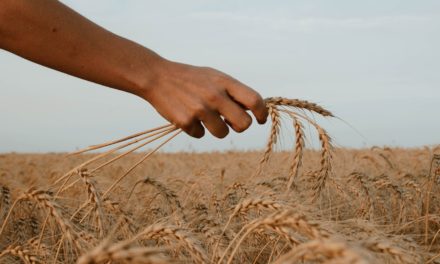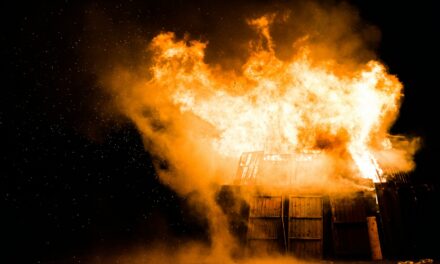Ecclesiastes 11:1–6: You Never Know!
Introduction
The constant theme of the Preacher throughout Ecclesiastes has been to emphasize the vanity of life. Nothing in this world can help us to transcend the futility of creation because of sin, so that our only hope is to fear the Lord in whose hand are all things. Nevertheless, the Preacher recognizes that some may twist this truth in a wrong direction, using the vanity of the world to justify passivity and inactivity. So, in Ecclesiastes 11:1–6, the Preacher confronts temptations to withdraw from living by insisting that we must move on with our lives and our work in spite of the troubles we face in this world. It is not that we should ignore the vanity of the world, but that we must get on with work because of our trust in God, even when we cannot trust anything under the sun. Far from encouraging passivity, the Preacher urges us: In unsettling uncertainty, take appropriate action.
Discussion Questions
1) What do you think it means to “cast your bread upon the waters” (v. 1a)? Regardless of the meaning of that verse, what does the Preacher want us to know when he encourages us that “you will find it after many days” (v. 1b)? Where are you discouraged by the seeming lack of progress that you see around you in your life? What promises does God give us that he will build his kingdom by faithful ministry of the ordinary means of grace (the word, prayer, and sacraments)?
2) What does it mean to “give a portion to seven, or even to eight” (v. 2a)? In what parts of our lives should we diversify our investments? Why is diversification the logical conclusion of our ignorance of the future: “for you know not what disaster may happen on earth” (v. 2b)? Where are you tunnel-visioned and tempted to double-down in one pursuit? How does fear play a role in keeping you from diversifying your investments of time, talents, and treasure?
3) What does the Preacher mean when he states that rainclouds will bring rain, and trees will fall and lie in the forest where they fall (v. 3)? What can humans do to prevent such events from happening? What, though, does the Preacher mean when he warns us against delaying sowing or reaping because we are monitoring conditions (v. 4)? What is the difference between the proper times for certain things, and the perfect time for something?
4) Why does the Preacher remind us that we do not know God’s work in bringing a human soul to a baby growing in a womb (v. 5)? How can our ignorance of God’s work in the world propel us to labor diligently (v. 6)? In what ways does Jesus apply the lessons of this passage when he talks about the growth of the kingdom of God (e.g., Mark 4:26–29)? How should we be diligent to scatter the seed of the gospel, even when we don’t know how or when God will give the growth?




